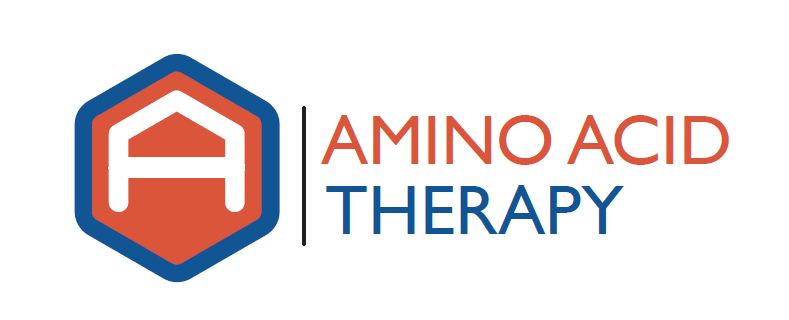 The use of amino acid therapy in the management of disorders associated with neurotransmitter dysfunction is remarkably devoid of side effects. Occasionally, people experience nausea or GI upset from improper timing of CysReplete, from severe neurotransmitter depletion or from carbohydrate intolerance. However, there is one very group of reactions that deserves some attention – a group that is called ‘paradoxical reactions’.
The use of amino acid therapy in the management of disorders associated with neurotransmitter dysfunction is remarkably devoid of side effects. Occasionally, people experience nausea or GI upset from improper timing of CysReplete, from severe neurotransmitter depletion or from carbohydrate intolerance. However, there is one very group of reactions that deserves some attention – a group that is called ‘paradoxical reactions’.
Paradoxical reactions occur when a specific amino acid dosing is started or changed and the person complains of an exacerbation or increase in symptoms related to one or more disorders related to neurotransmitter dysfunction. For example, depression may get worse, sleep may become more unsettled, the person may experience an increase in anxiety or agitation or migraines may occur more frequently. When a paradoxical reaction occurs, it is an indication that the system needs more amino acids; this can be a hard sell to someone that is feeling worse and not better.
The exact cause of paradoxical reactions is unknown, but it is known that there is a dosing range within which they occur and it is usually just below the range needed for optimization. In the case of paradoxical reactions, increasing the amino acid dosing will usually bring about a resolution of symptoms within 1-3 days. If the dose is lowered in hopes of increasing the dosing values more slowly, the person’s suffering will be unnecessarily prolonged as the person will be subjected to a suboptimal dose of amino acids for an extended period of time.
Paradoxical reactions are like the storm before the calm; the only way around a paradoxical reaction is to go through it and that is accomplished by taking more amino acids. When paradoxical reactions occur, it is invaluable to work with a provider that has experience in dealing with them so they can provide the guidance, reassurance and support you need to finish the job and find relief from your symptoms.

